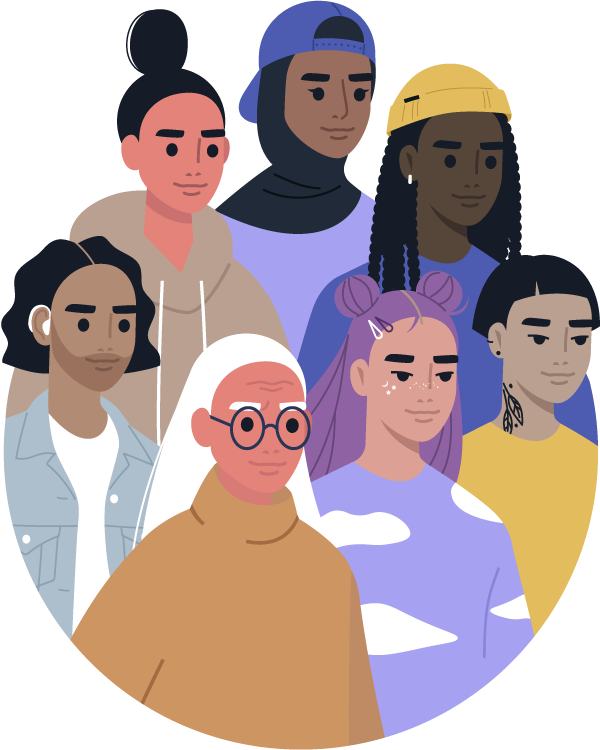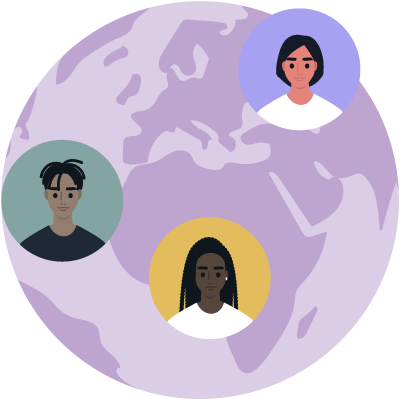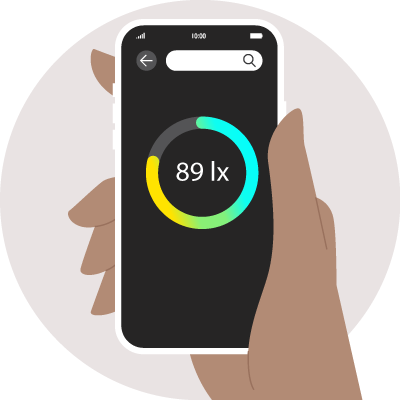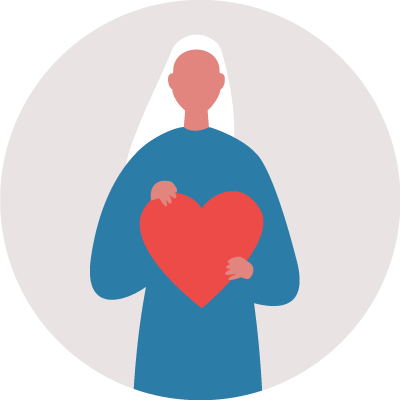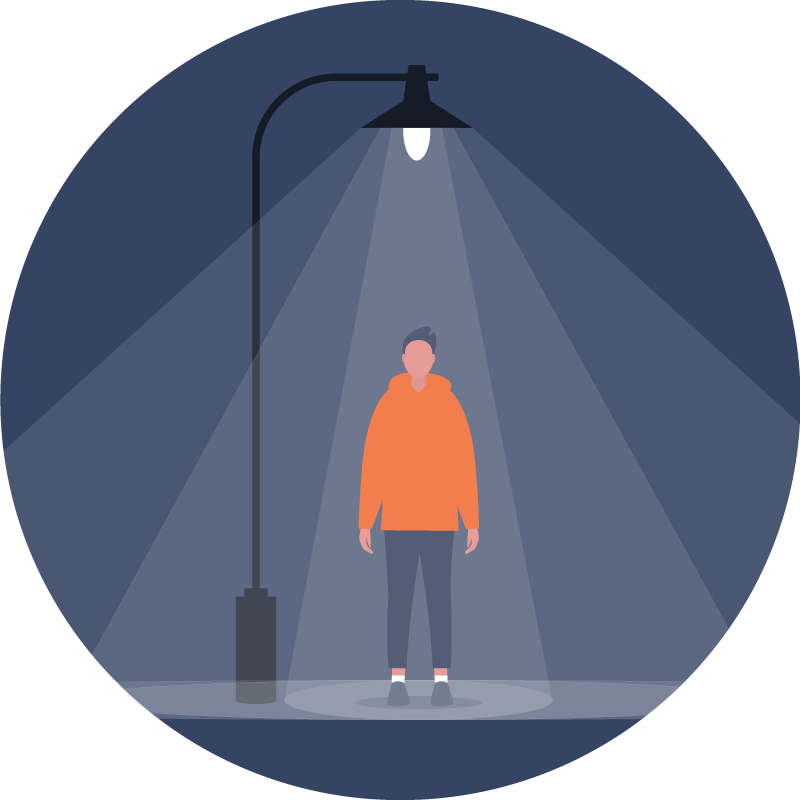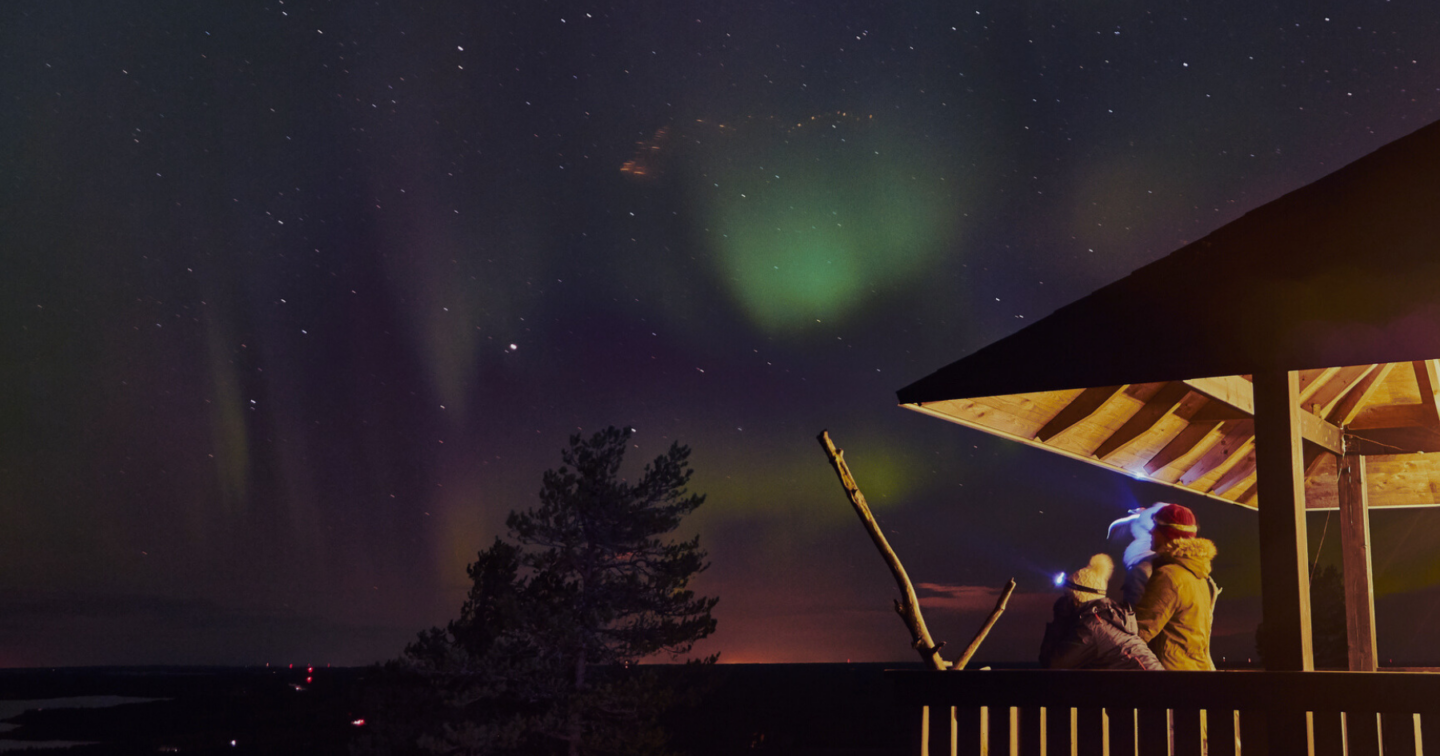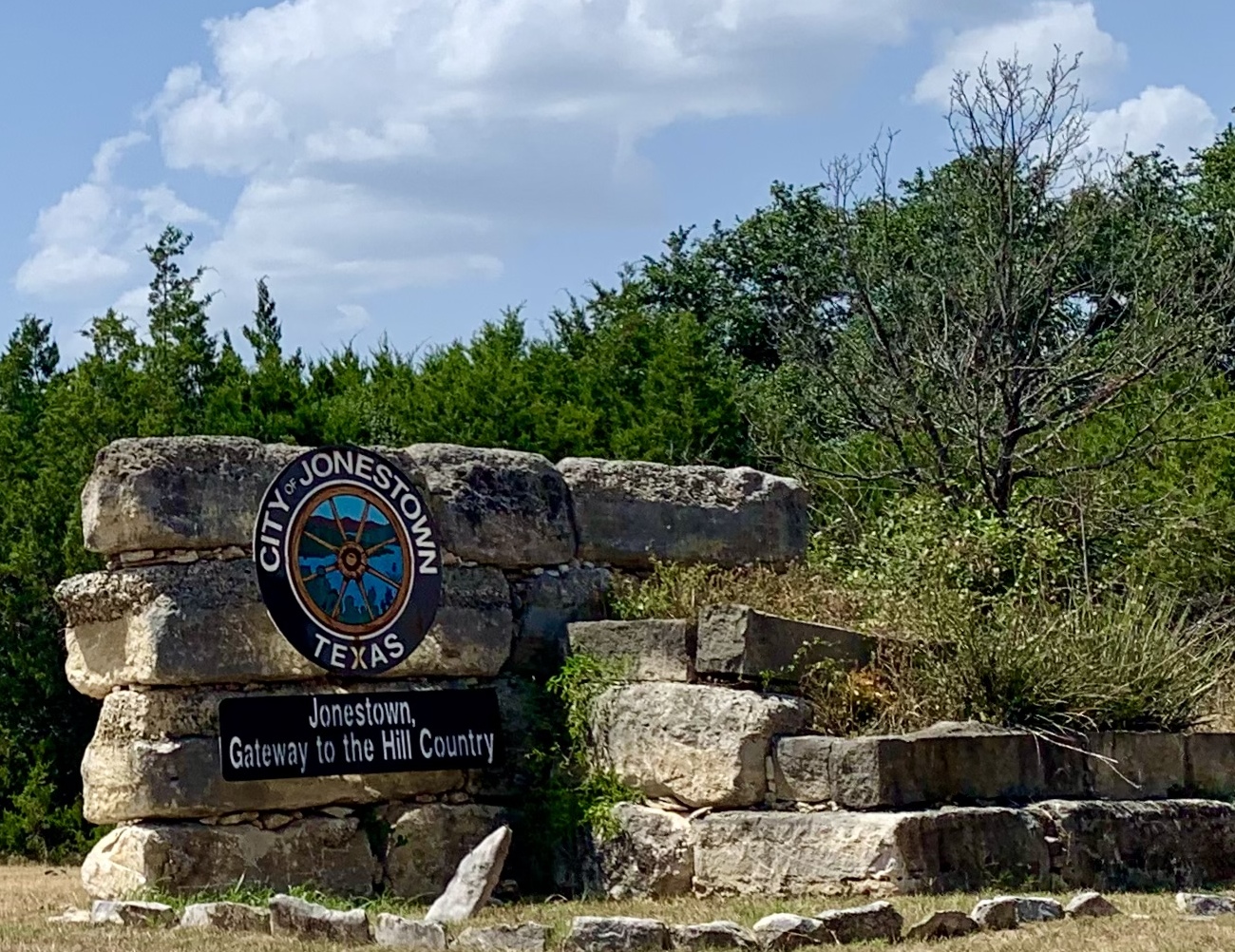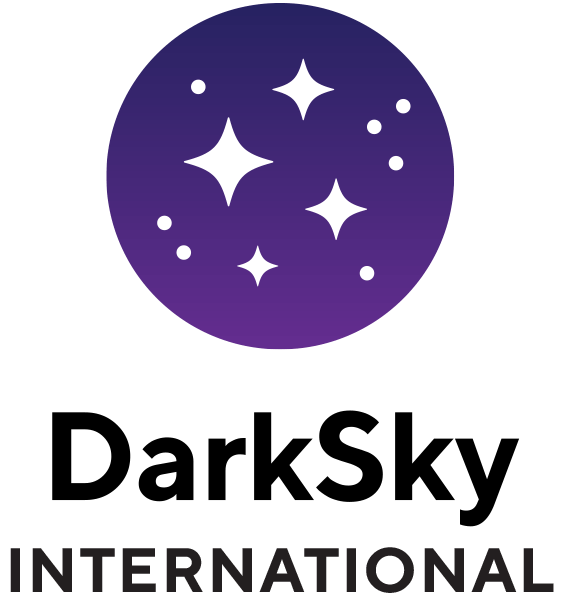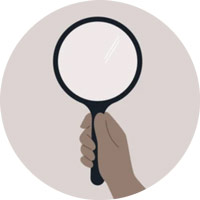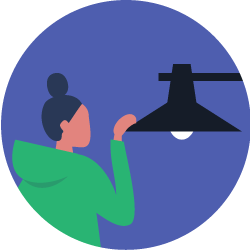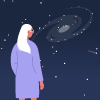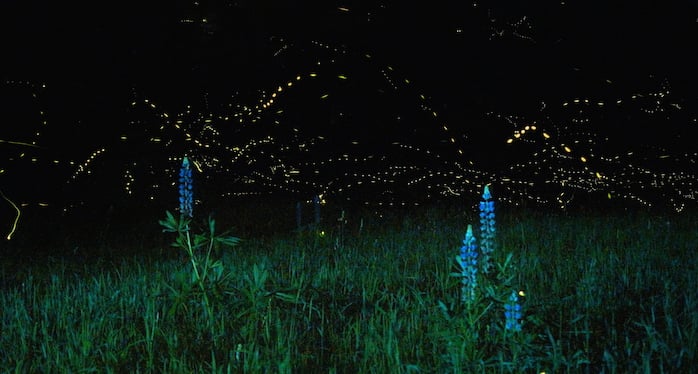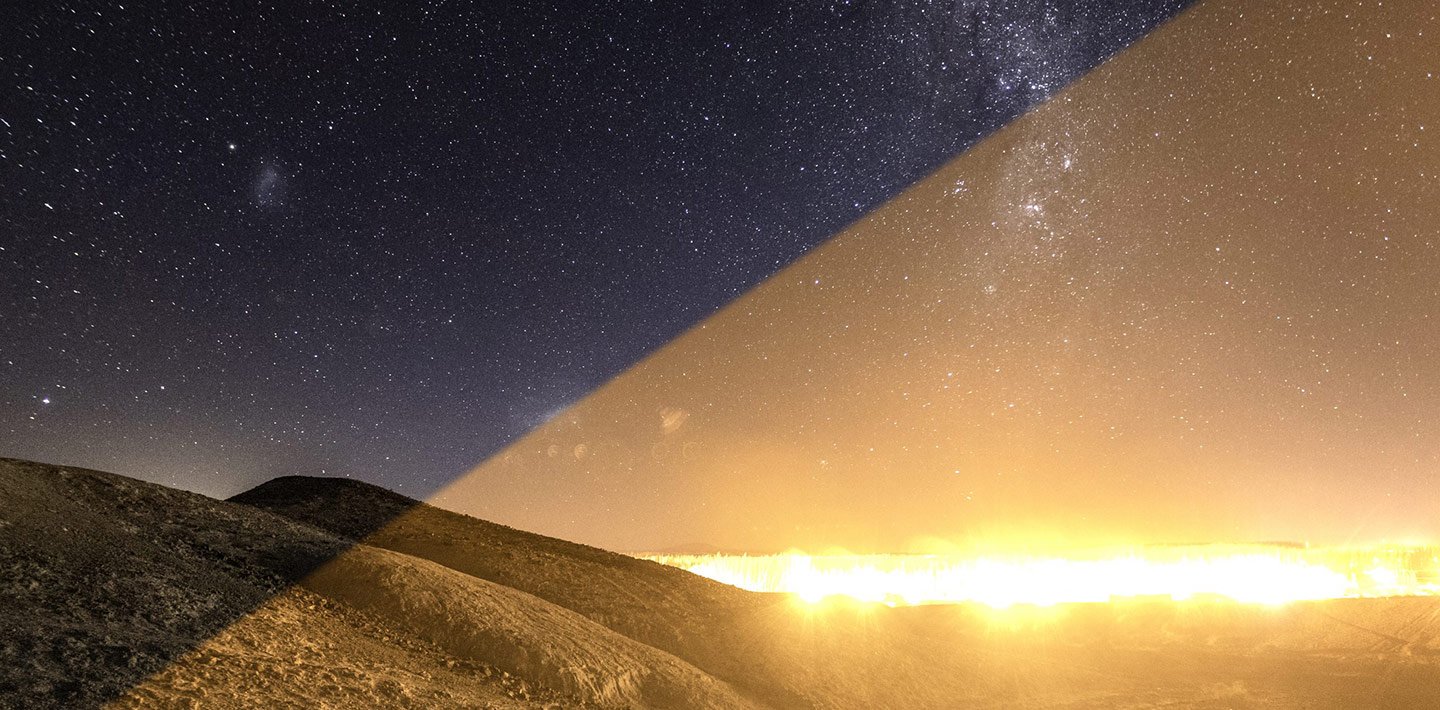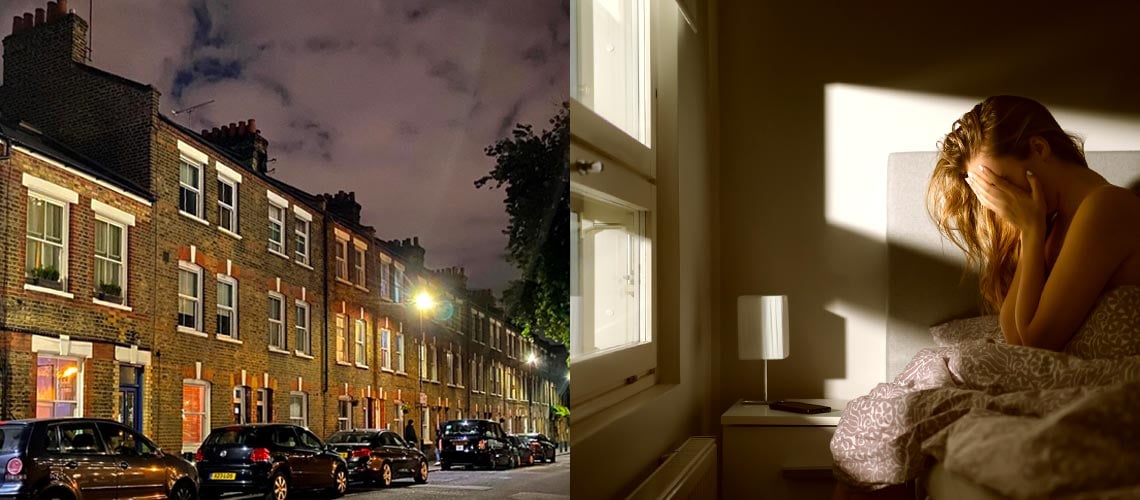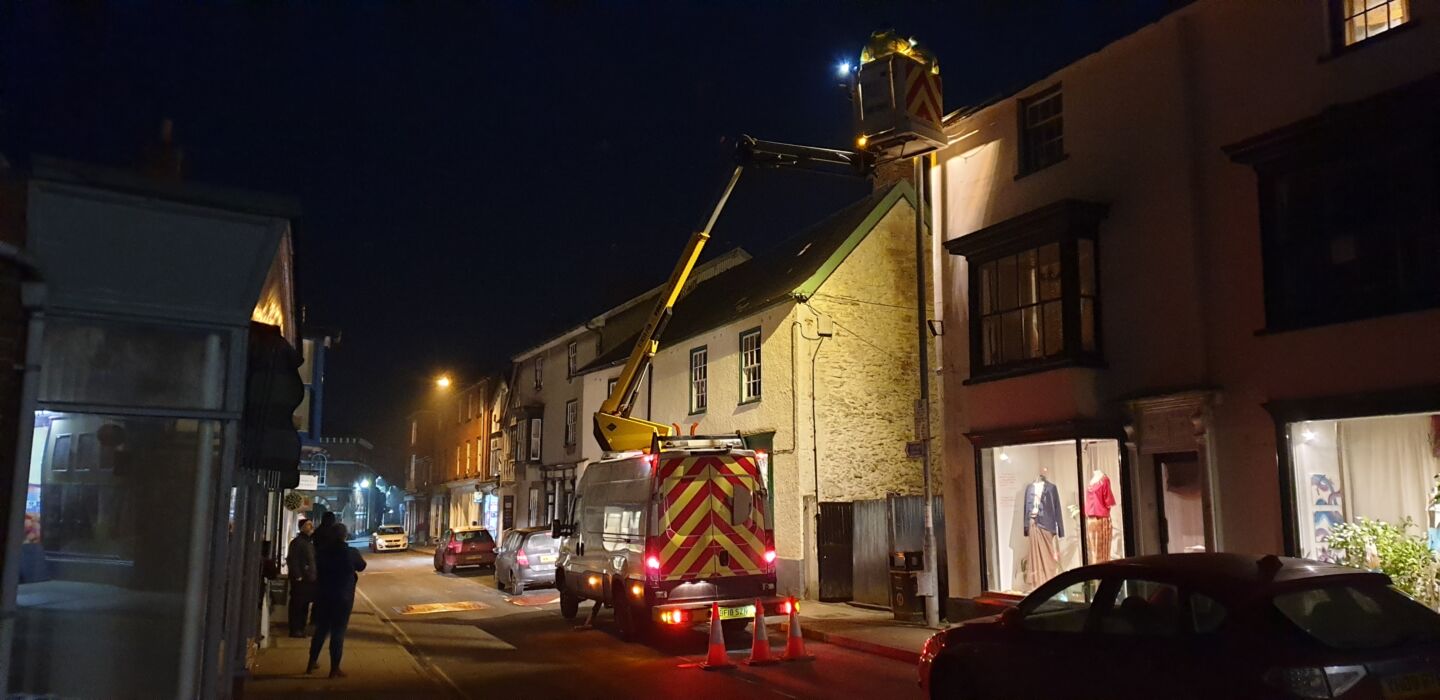
Light pollution reduces our night sky heritage
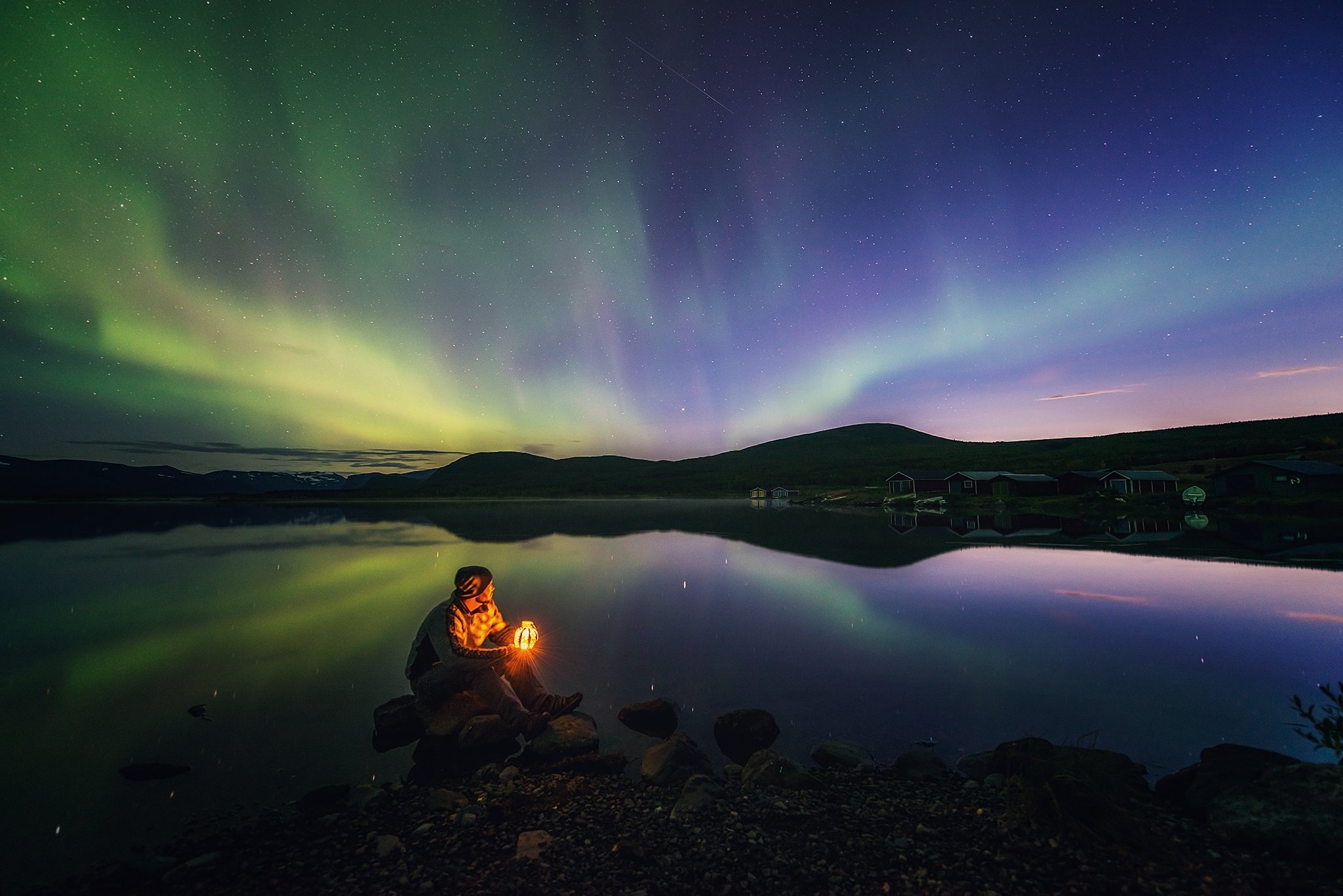
The nighttime environment is a precious natural resource for all life on Earth, but the glow of uncontrolled outdoor lighting has hidden the stars and changed our perception of the night.
The natural night sky inspires
Until recently, our ancestors experienced a sky brimming with stars — a night sky that inspired science, religion, philosophy, art, and literature, including some of Shakespeare’s most famous sonnets.
The natural night sky is our common and universal heritage, yet it’s rapidly becoming unknown to the newest generations.
Van Gogh painted his famous “Starry Night” in Saint Rémy, France, in 1889. Now, the Milky Way can no longer be seen from there. If he were alive today, would he still be inspired to paint “Starry Night”?
“For my part I know nothing with any certainty, but the sight of the stars makes me dream.”
– Vincent van Gogh
Experiencing the night sky provides perspective and inspiration, and leads us to reflect on our humanity and place in the universe. The history of scientific discovery and even human curiosity itself is indebted to the natural night sky.
Without the natural night sky we could not have:
- Navigated the globe
- Walked on the Moon
- Learned of our expanding universe
- Discovered that humans are made of stardust
International Dark Sky Places program
In part to address this loss of our heritage, in 2001 DarkSky established the International Dark Sky Places program to recognize excellent stewardship of the night sky. Certifications are based on stringent outdoor lighting standards and innovative community outreach.
Since the program began, more than one hundred Parks, Communities, Reserves, and Sanctuaries have received International Dark Sky Place designations.
Get involved in the fight to protect the night
Join DarkSky’s global network of advocates working to protect the night from light pollution! The process is simple: Take the DarkSky 101 training and you will be invited to join DarkSky’s global communication platform, be given access to exclusive advocate resources, and be invited to join additional monthly advocate training on various aspects of light pollution and dark sky conservation.

